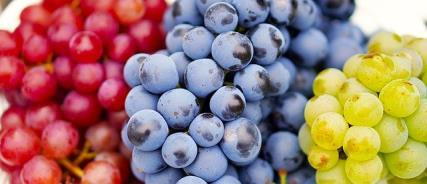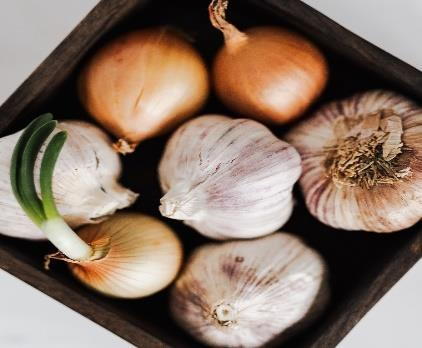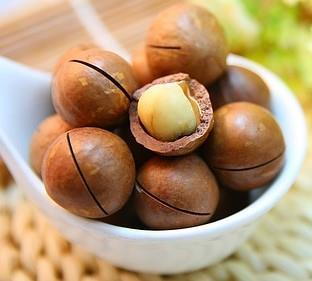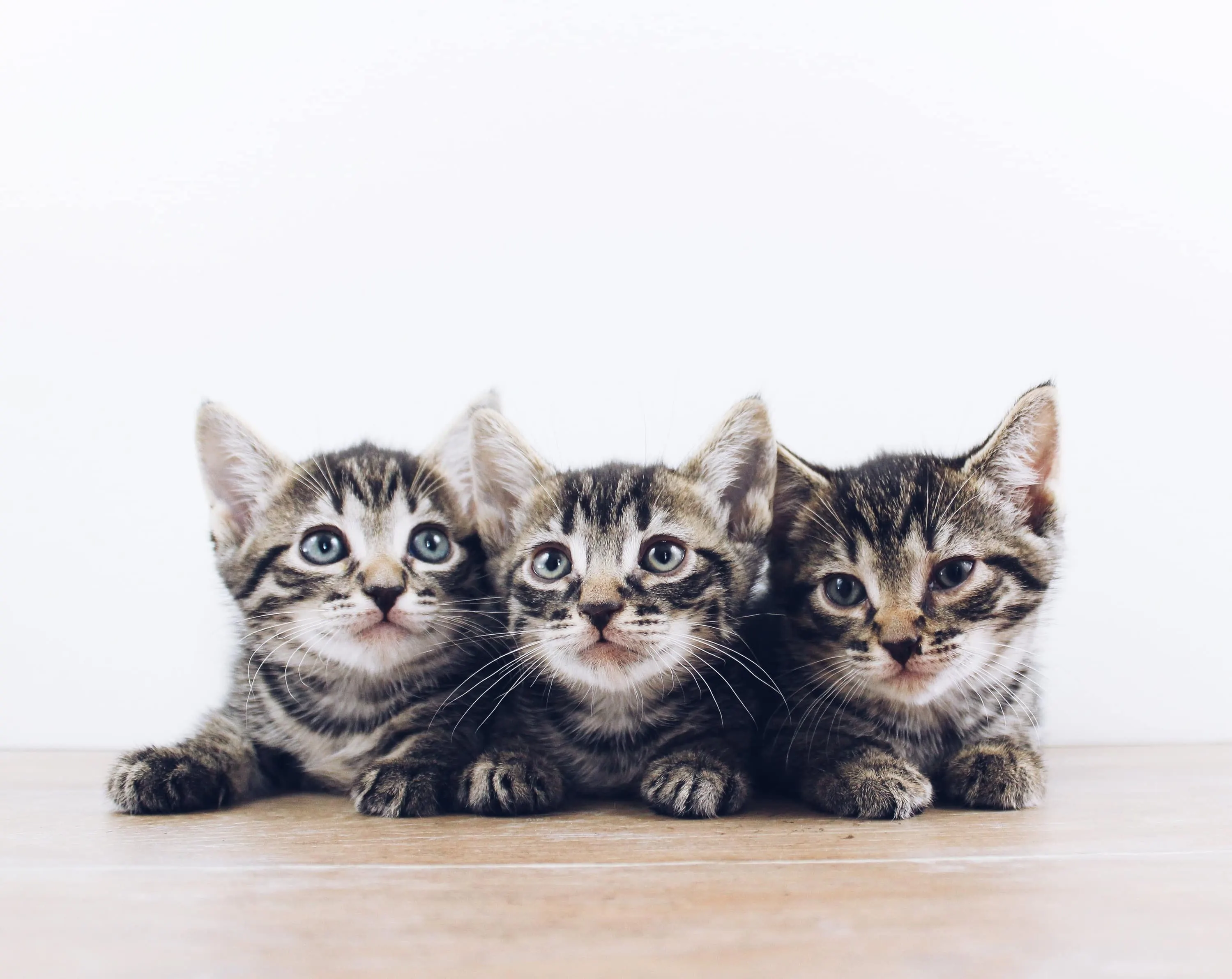Foods Your Pet Shouldn’t Eat, Part I
Just like humans, your pet needs to eat properly for optimum health. To maintain your animal’s well- being, be sure that they don’t consume people food that can cause discomfort, illness, or death.
The following list is broken down by food groups: fruits, vegetables, nuts, and dairy. See Foods Your Pet Shouldn’t Eat, Part II to find out about meats, beverages, chocolate, and various food ingredients.
Fruits
No one knows why, but grapes, raisins, and currants have a toxin that is  dangerous to your pet. Even a few of these little morsels can cause vomiting, diarrhea, and a decreased appetite. Your pet may also appear lethargic and tired. If not treated quickly, the kidneys can begin to shut down, which can lead to death.
dangerous to your pet. Even a few of these little morsels can cause vomiting, diarrhea, and a decreased appetite. Your pet may also appear lethargic and tired. If not treated quickly, the kidneys can begin to shut down, which can lead to death.
Fruits with pits, such as plums, peaches, apricots, cherries, and avocadoes, can be hazardous. It’s not the flesh of the fruit, but the pit. They can cause your pet to choke, or can cause an obstruction in your pet’s esophagus, stomach, or intestines. Some fruits such as cherry, plum, and peach, have pits that are cyanogenic and may result in cyanide poisoning.
Vegetables
Garlic, onions, leeks, chives, and shallots, all part of the Allium family, add  flavor to your food, but danger to your pet. The hazard doesn’t just exist in the fresh vegetables, but also when they’re cooked, and in the powdered and dried form. They can damage your pet’s red blood cells and result in anemia. The poisoning may not be evident immediately, so you’ll have to watch your pet for a few days. Signs of ingestion include elevated heart rate, pale gums, weakness, and collapse.
flavor to your food, but danger to your pet. The hazard doesn’t just exist in the fresh vegetables, but also when they’re cooked, and in the powdered and dried form. They can damage your pet’s red blood cells and result in anemia. The poisoning may not be evident immediately, so you’ll have to watch your pet for a few days. Signs of ingestion include elevated heart rate, pale gums, weakness, and collapse.
Regular button mushrooms aren’t a problem for your pet. It’s the wild mushrooms that might be growing in your yard, or in fields where your pet may roam, that you should worry about. Just a few bites of one can cause your pet to vomit or have seizures.
Many people believe that because it’s okay for their pet to eat corn, giving them the cob is fine. However, if the cob, or pieces of it, are swallowed, it doesn’t digest. Instead, it can cause a blockage, which will need to be surgically removed.
Nuts
This little snack can cause big problems for your pet.
Almonds aren’t necessarily toxic, however, if your pet doesn’t chew them completely, they can cause a blockage in the esophagus or tear the windpipe. Pecans and walnuts have a high amount of oil and fat, which can cause intestinal distress, and potentially pancreatitis.

The big no-no in the nut category are macadamia nuts. It is unknown what the toxin is, but what is known is that they are very poisonous to pets. They can cause vomiting, weakness, increased body temperature, and tremors. Macadamia nuts can also affect the nervous system.
Dairy
The two offenders in this category are raw eggs and ice cream.
Cooked eggs aren’t a problem, but raw eggs can cause a vitamin B deficiency that affects skin and fur. They may also have a contaminant, such as Salmonella or e coli, which can make your pet ill.
Pets may love the sweet taste of ice cream, but ice cream may not love them back. One problem is that ice cream has a lot of sugar, and if it’s sugar-free, it may contain xylitol, which is extremely toxic.
Another issue is that adult pets don’t digest milk and cream well. Finally, the flavor of the ice cream can be a problem—chocolate, coffee, and varieties that contain nuts—are harmful to their health.
If you are concerned about something your pet has eaten, don’t hesitate to call Dr. Newman at 208-233- 2844. She can help you determine the best course of action to keep your pet healthy and safe.


